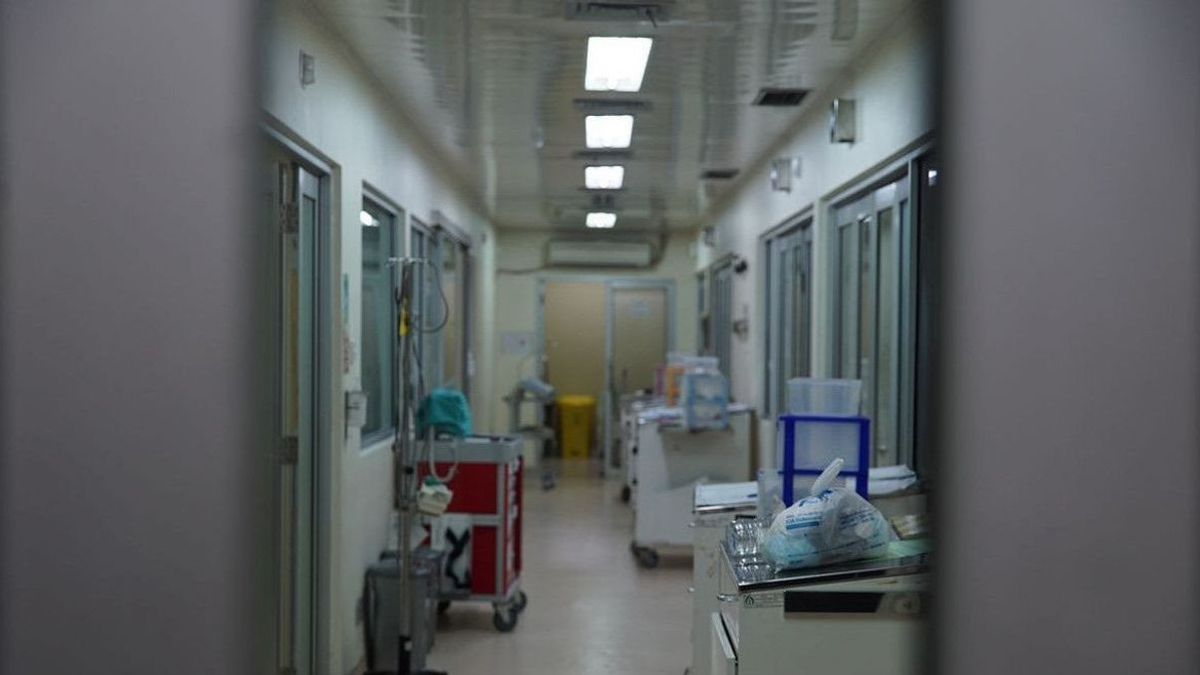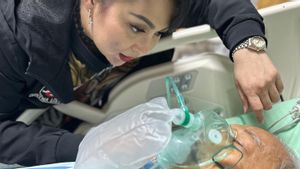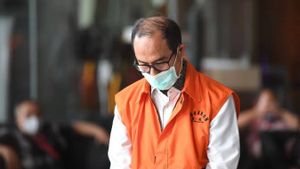JAKARTA - The Ministry of Health (Kemenkes) has not confirmed that a patient with the status of a suspect in Central Java has contracted the monkeypox virus or Monkeypox.
"For further examination and confirming monkeypox or not, a PCR laboratory examination will be carried out to confirm it," said Ministry of Health spokesman Dr Mohammad Syahril as quoted by ANTARA, Wednesday, August 3.
Syahril, who is also the President Director of RSPI Sulianti Saroso Jakarta, said the patient was identified as a 55-year-old man with no history of foreign travel.
The suspect patient is currently undergoing treatment in an isolation room at a private hospital in Central Java for the healing process.
"It could just be normal smallpox or some other disease, not Monkeypox," he said.
The Ministry of Health is still conducting further investigations to determine the type of disease experienced by the patient.
"Until now, we are checking with the Central Java Health Service by officers from the Directorate of Disease Prevention and Control (P2P) of the Ministry of Health," said Mohammad Syahril.
Confirmed separately, the Director General of Disease Prevention and Control of the Ministry of Health, Maxi Rein Rondonuwu, has yet to comment further on the results of the follow-up investigation.
Meanwhile, epidemiologist from Australia's Griffith University, Dicky Budiman, said that Indonesia has great potential for Monkeypox disease, especially in high-risk populations such as same-sex lovers to commercial sex workers.
"The community exists in all countries and 96 percent of Monkeypox cases are from contact with the group, and in Indonesia there is such a group," he said.
According to him, these vulnerable communities have high interactions with various countries. High-risk sexual behavior is very large opens the opportunity for transmission of Monkeypox.
"Plus that the incubation period is three weeks, the potential for transmission from travellers is very large. It's only a matter of time until it will be found," he said.
He said prevention efforts could be done by detecting temperature, physical appearance and other symptoms on travelers.
"Especially from endemic countries, smallpox or smallpox vaccines must have been vaccinated. If you come from a country with an extraordinary event status, it is necessary to fill out a statement form that the person concerned has never been in contact with the patient," he said.
Common symptoms of Monkeypox are usually characterized by fever, severe headache, muscle aches, backache, weakness, swollen lymph nodes in the neck, armpit or groin and rash or skin lesions.
"Early detection is needed through services at the hospital, clinic and other health facilities. The government must be prepared with cluster findings by providing vaccines and drugs," he said.
The government is encouraged to build risk communication by providing education about having sex in a healthy way so as to avoid stigma so that patients do not close themselves off.
The English, Chinese, Japanese, Arabic, and French versions are automatically generated by the AI. So there may still be inaccuracies in translating, please always see Indonesian as our main language. (system supported by DigitalSiber.id)













